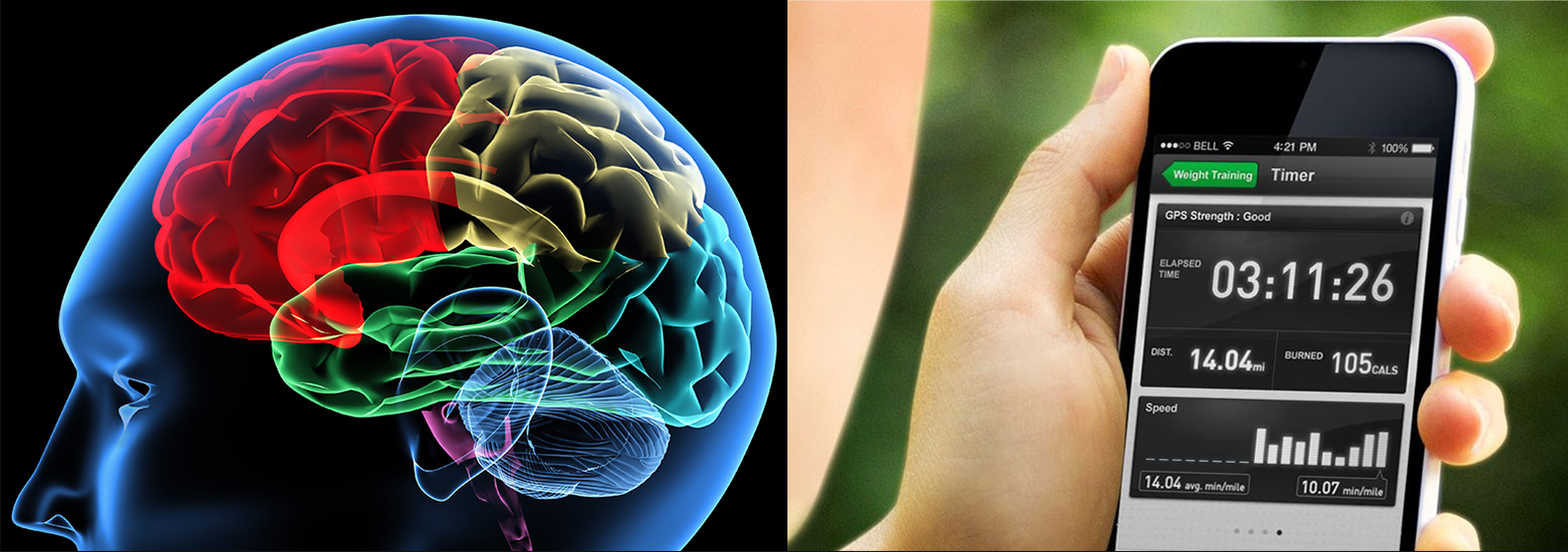Moving cognitive neuroscience out of the lab and into the real-world
Cognition is fundamentally complex; interacting with real-world environments engages a large number of concurrent neural processes, which handle huge amounts of ever-changing sensory information, and serve to support selection of the appropriate behavioural response in any given situation. Despite the obvious complexity of real-world cognition, research has largely examined cognitive processes in isolation, employing highly controlled laboratory experiments.
For further progress it is necessary to take a multi-method interdisciplinary approach to addressing the big questions in cognitive science by moving research out of the laboratory and into the real-world. Investigating complex naturalistic behaviour provides exciting opportunities to develop and test existing psychological theories, signaling advancement into a new era of cognitive research.
Mobile cognition: About CMC
The Center for Mobile Cognition (CMC) comprises of a group of researchers whose work spans across the domains of perception, memory, language, and action. Collectively, we are interested in understanding the functional and neural mechanisms that support mind and behaviour, and our principal goal is to understand cognitive processing in rich, complex real-world physical and social environments.
The CMC aims to conduct interdisciplinary research examining brain, body and behaviour dynamics whilst actively engaging in three-dimensional naturalistic environments. We are pursuing this through the development of a diverse set of research methods, combining multiple physiological measures that can be applied in real-world contexts, including eye-tracking, electromyography, electroencephalography, motion capture and location tracking.



